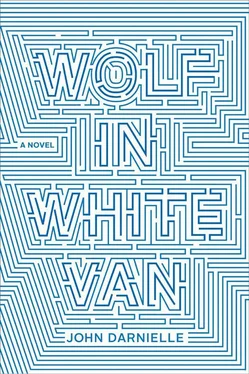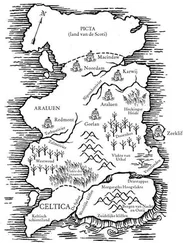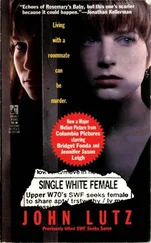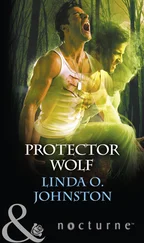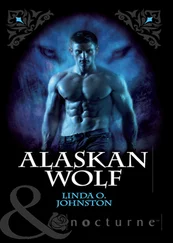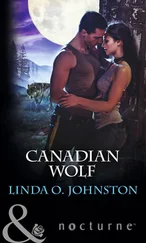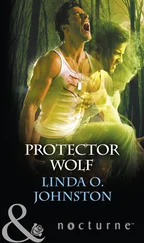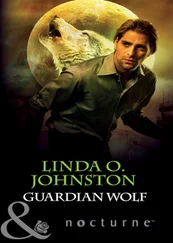I sent them duly north, to a gas station near a reservation where they had to sleep because it was cold. Trace Italian was mostly written over the course of a year or two. I kept adding new turns for a while, injecting detours or increasing ellipses as the need arose: I saw a few patterns developing in live play and responded with byways that would extend the lead-up to a few payoffs. Once ranks began to thin, I almost never had to write new turns; the kinds of players whose letters warranted real action were usually the first to get distracted and quit. This turn was among the newer ones, the later ones. It was an empty turn, a turn where nothing happened, and that was because it had a ghost in it, and the ghost was Chris. His initials were suffocating there amid overlapping graffiti tags on the gas station walls. REZ LIFE. CATHY TORREZ. MIKEY T. CH. JESUS IS LORD. YOU SUCK. NAG WEST SIDE. 4 °CREW. Chris Haynes. Chris the digger. Dead Chris, who’d seen the future and counted himself out.
It felt like so much was happening: I don’t lead a busy life. The externals of the world I’ve built are quiet and even. Even small events amount to a shift in the current. All that movement and then Kimmy knocking out of nowhere, and me answering the door with my unwashed face, my hair all messy.
“You’re still around!” she said in that one voice, the one from the other side of something. For a minute I was an astronaut having dreams about space: letting her voice register, feeling what it’s like to be in the presence of somebody who isn’t surprised by how I look.
“Still hanging around,” I said back, opening the door a little more to let her in, and then she did come in, just like that.
By the window in the living room there’s a soft chair that looks out onto the walkway. In Southern California even the most modest complexes keep their landscaping up; my walkway curves on its way out to the street. There’s a sudden turn that takes you out around a small rounded hedge and some birds-of-paradise; my chair by the window is angled so that the corner of your eye catches this little flash of color and growth if you’re gazing out toward the traffic or straight down at the dull grass.
Kimmy plopped herself down in the chair like a teenager visiting somebody’s parents’ house, and she cocked her head at me and said, “You look like shit,” which was an old joke of ours, I’m pretty sure. It had that old joke feel. But I couldn’t really latch on to the specifics of it, whether there was some rote response I was supposed to give back to show I remembered. But I didn’t, so I just stood there, dumb and big, looking at her, trying to figure out how I felt.
You hear a rumbling in the Texas dust. Clouds form in the dirt. They lift and join together until it’s just dusty air everywhere, brown and dirty. You could run, but you can’t see more than a foot or two ahead at a time, and you’re coughing. You bury your face in the crook of your arm and breathe in through your sleeve.
Your first guess is that this is an earthquake, but as the minutes pass and the rumbling grows louder you remember small quakes you used to feel in California. How long did those last? A minute at most. Never longer. And then the aftershocks. Now, beneath your feet, you feel the ground rising. There’s no other way to think of it. The ground is rising.
You scramble back and you end up on all fours, watching as the earth cracks, like there’s a giant underneath it pushing up against the lower surface with his fingers, about to break free. And then a structure punches up through the dry earth, crown first, sharp steel. But the map indicates that you are still far from the mark. Could the map be wrong? No: as the tower rises you see symbols that bear no resemblance to the ones you know will mark the spires of the Trace Italian. Half-scratched pictures, shapes that could be letters, clusters that could be numbers. This is not the bulwark, not the housing that guards the Trace. And still it rises.
Technically this move exists, but I have never sent it to anyone. I wrote it when I was eighteen. At my best I figure I’m only an OK writer; any good effects I have are things I got from people who are only considered good writers by young men who need to escape. I have my moments. But this move is made of cruder stuff; it was typed directly onto the page that became the master copy and I never revised it. I just put it in, and every time I get a chance to let somebody see it, I don’t. Sometimes I wonder if people suspect they’ve been sent the substitute move, the one for players who pick “Move East” instead of “Treat Wounds” when they get to the way station that should lead here. Whether they get a feeling, something that tells them that where they are is a stand-in for the place they’re supposed to be. Whether they suspect something. They almost never tell me if they do.
I did the math and also we keep a map. This is wrong there ought to be something else here. There was trail of mutant bodies they didn’t just die of old age. It’s cool I’ll figure it out though. Our next move is to gather bones. We put them in our night packs. Gather bones. Well take it sleezy
Lance
The only one of my close friends I remember coming to see me in the hospital was Kimmy. I didn’t have a whole lot of friends anyway, so I didn’t feel abandoned so much as reminded. A few people sent me letters: Joe from sixth-period U.S. history wrote, kind of from nowhere, to say he’d heard about what happened and was sorry; Barry, an old friend from grade school, wrote and said he hoped I was going to live, and he said it twice in the same letter, which kind of shook me up. Teague sent word somehow, through which channel I forget, and said he’d find me when the commotion died down, which I respected. He was a known presence. Showing up at my bedside in his denim and feathered hair would only have made things more tense on balance.
But Kimmy started coming within a day or two after the nurses loosened up the visiting hours, and she came early and she stayed late. She strained to make out the constituent parts of the words I’d try to form and she’d help me arrange them into thoughts; she helped me find the path back to my self. This was why, later on, I enshrined her in a special place no one will ever see, which is kind of a shame, except that I did it on purpose, so it’s only a shame if you limit yourself to the smaller picture.
It was a blank day about two weeks in. I didn’t see her come through the door. My peripherals were shot, and my ears hummed like generators, so unless you were standing directly in front of me, leaning over me, I’d have no way of knowing you’d arrived. In stray moments above the surface, I’d sometimes wonder if there were people at the head of the bed, standing there silently, waiting to see if I’d respond to the presence of other people in the room. I’d say something from time to time just to check: “Hey?” or “Are you there?” This is different from calling out into a cave or well; it’s a form of prayer.
She put her hand directly on my wrist. For those first few seconds of contact I had no idea who she was, and maybe that was why things panned out the way they did: from the dead depths of the infinite ceiling, a strange hand reached out and landed on my wrist, and rested there, warm and soft, and I felt so grateful for it. I drank in the simplicity of it, the soothing totality. Then Kimmy’s head came craning into view. The only other people who touched me during those days were people who were being paid to do so; there was no feeling in their touch.
“Sean, you dumb shit,” she said. She was crying but she kept her hand where it was. “What the fuck.”
Читать дальше
